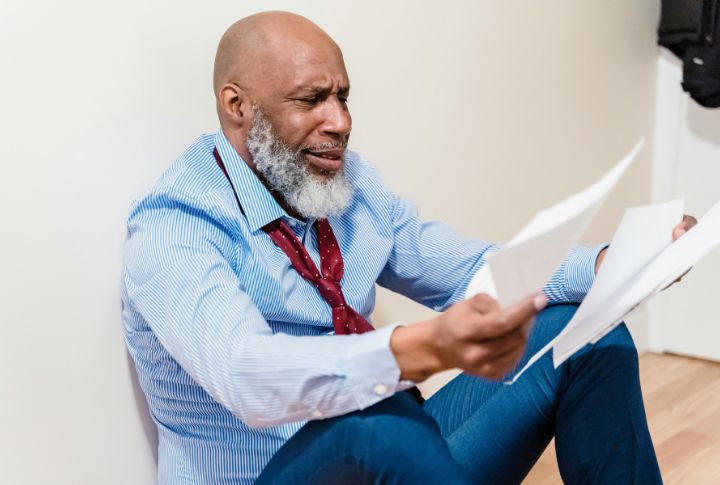
Retirement was meant to be the ultimate reward, and a time to relax after decades of hard work. Yet, for many Baby Boomers, the reality is a return to the workforce due to unforeseen financial challenges. They packed up the golf clubs and clocked back in, wiser and a little humbler. Turns out, unretiring comes with its own lessons—ones no financial planner mentioned when we dreamed of endless weekends. Discover the money lessons learned and prepare yourself for a more secure future.
Retirement Costs More Than You Think

America is witnessing a demographic tsunami called “Peak 65,” with 11,400 people turning 65 daily by 2025 according to PR Newswire. This wells the senior population to 61 million. Yet this silver wave faces a stark reality: typical Boomer savings of $120,000 barely cover two years of assisted living, which leaves many struggling as they get older.
Inflation Is A Silent Thief

Most seniors view their fixed income as a steady financial foundation, but they’re forgetting about inflation’s sneaky sabotage. This fiscal pickpocket doesn’t announce its raids, yet methodically dissolves purchasing power until, within 24 years, a modest 3% annual rate cleverly halves your money’s power.
Social Security Isn’t Enough

The vital signs of Social Security tell a troubling story. What was built to replace about 40% of income now acts as life support for most Peak 65 Boomers, offering a modest $1,976 a month as per CBS News. By 2033, that benefit faces a projected 23% cut, a proof that the safety net is fraying fast.
Healthcare Costs Are A Game-Changer

Healthcare expenses are stalking retirees’ nest eggs, rising faster than inflation and quietly devouring decades of savings. Many underestimate how much they’ll pay even after Medicare kicks in at 65. And while Medicare Advantage plans can soften the blow, the fine print often reminds retirees there’s no such thing as “free care.”
Debt Doesn’t Retire When You Do

The golden years promise leisurely days and hard-earned relaxation, yet reality paints a starker picture for many baby boomers. Mortgage and credit card obligations follow them into retirement, draining fixed incomes and leaving nearly one-fifth anxious about basic expenses. As a result, a lot are forced back into the workforce they thought they’d left forever.
Emergency Funds Are Non-Negotiable

Many seniors believe their savings alone ensure financial security, but this dangerous myth overlooks an important safety net. With 16% of baby boomers lacking emergency savings and one-fifth of Americans over 50 having zero retirement funds, an emergency fund prevents catastrophic raids on long-term investments during unexpected crises.
Part-Time Work Can Be A Lifesaver

Baby Boomers increasingly seek part-time opportunities to maintain income and engagement in retirement, yet face limited institutional support. While 58% of workers prioritize schedule flexibility and 80% desire location freedom, a mere 36% of employers globally offer such arrangements, leaving many seniors to forge independent solutions.
Diversifying Income Streams Is Key

Relying on a single retirement income stream is like putting all your eggs in one basket—precarious at best. That’s why savvy boomers are orchestrating sophisticated portfolios averaging $6,038 monthly, masterfully blending Social Security, pensions, appreciating investments, and strategic part-time work to enjoy financial safety.
Retirement Timing Matters

As the massive wave of baby boomers at and past retirement age, a complex workforce dynamic is emerging through widespread “”un-retirement”” as older people return due to financial pressures. This shifting environment shows how retirement timing profoundly impacts Social Security benefits, with delayed retirement offering enhanced monthly payments for long-term security.
Lifestyle Creep Is Real

An extra $100 monthly splurge might seem harmless, but multiplied across decades of retirement, such small indulgences balloon dramatically. This exemplifies lifestyle creep, where rising incomes gradually normalize higher spending patterns to create deeply ingrained habits that clash dangerously with fixed retirement resources.
